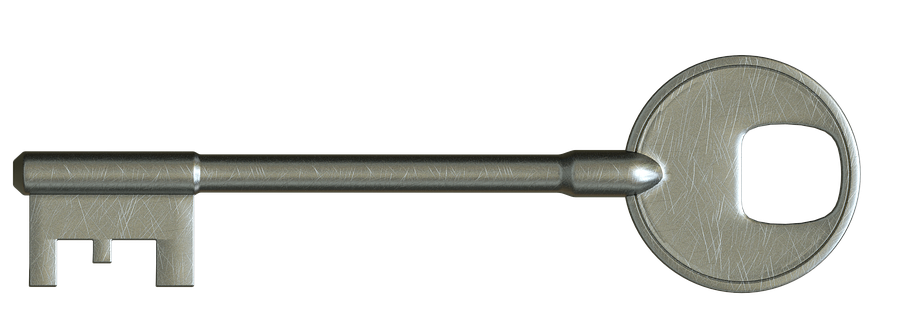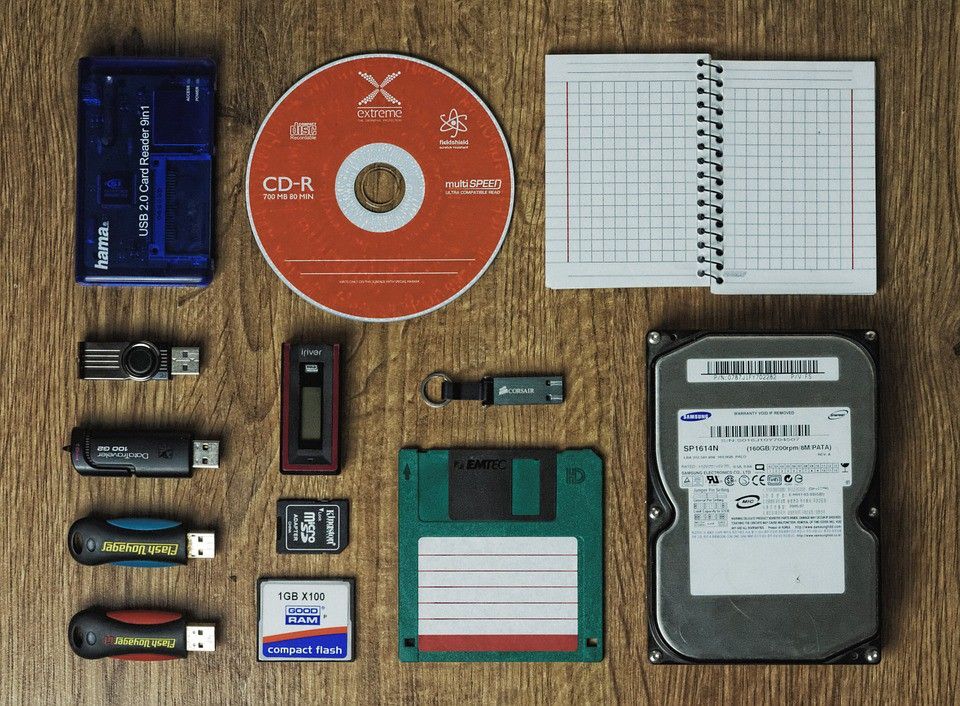Today it’s world backup day. An ideal moment to reflect on your backup strategy and potentially further improve it. In this short write-up I’ll give some tips to help you.
Have at least 2 geographically spread backups
First of all it should be clear that you need to backup your data. But as an “IT guy” I regularly get people on the phone in total panic. Their (external) hard drive crashed and they have no backups. Best case, the files can be (partially) recovered, but such living on the edge is a real bad idea.

Is 1 backup enough? Actually not, it’s still risky business. If you are in the situation that you need to restore a backup and this backup is corrupted it’s game over. Also in case of a hurricane or your house burning down you still should have a backup available somewhere. That’s why you need at least 2 backups at a geographically different location.
I was interested to know a bit more about how common practice this is. That’s why I did a poll on Twitter. And knowing that most people answering are Infosec people, I must admit that I was slightly surprised. Only 49% has backups at 2 or more different geographic locations.
As it's #WorldBackupDay tomorrow (or for some of you already today) I have a related question. At how many geographically different locations do you have backups of your personal data? #Infosec
— John Opdenakker (@j_opdenakker) March 30, 2019
Even more scary, 21% has no backups at all.
Test your backups regularly
A backup is worthless if you cannot restore it. That’s why you should regularly test your backups. Like I mentioned before, having more than 1 backup reduces the risk a bit, but this shouldn’t be a reason not to test your backups on all your different storage media.
No uninterrupted chain of propagation
Let me explain what I mean by an example. Suppose you store backups both on your NAS and in the cloud, and you have automatic synchronization from your NAS to the cloud.
When a file is (unintentionally) deleted on the NAS — unless you explicitly configure not to propagate deletion — it’s also deleted in your cloud storage.
A much bigger risk is malware. For instance, certain types of ransomware will not only encrypt your hard drive but also your connected devices like NAS or external hard drives.
Whatever the reason might be, you should never be in a situation were the corruption or deletion of data results in all your copies of the data being affected.
Properly protect your backup storage accounts
Certainly when using cloud storage it’s important to secure them by using strong passwords and two-factor authentication.
The importance of encryption
It’s wise to encrypt the data you store on any storage medium. Proper encryption ensures that the storage provider can’t read your data.

A lot of cloud storage providers by default encrypt data or can be configured to do so. Recent versions of Android cloud backup and iOS iCloud are also by default encrypted. If your cloud storage provider doesn’t encrypt the data you can always do it yourself, but be sure to store the encryption key in a secure place.
For local storage media full disk encryption is a good anti-theft protection.
Conclusion
It’s important that you have an easy to maintain backup strategy which gives you confidence that your data will be still recoverable even in case of worst-case scenarios. Hopefully these tips are helpful to improve your backup strategy.

